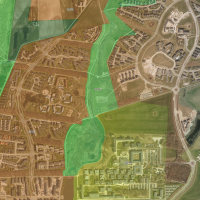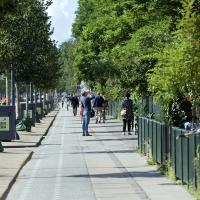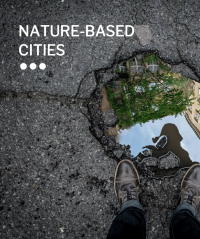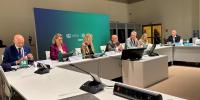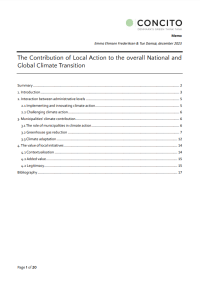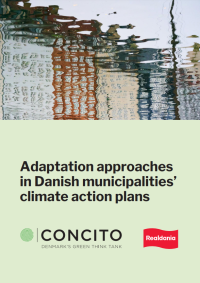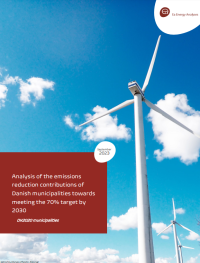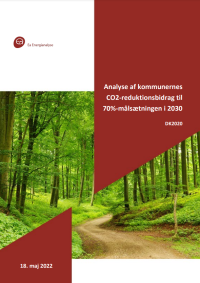Cities
CONCITO's Cities Program works to create climate neutral and climate resilient cities and municipalities by 2050.
By 2050, 7 out of 10 people are expected to live in the world's cities, making them even bigger hubs for people's lives, work, and leisure. But cities designed in the 20th century are not equipped for today's climate challenges of heavier rainfall, storms, rising sea levels, and heat waves. Sustainable urban planning and design are, therefore, key to creating future cities.
Climate change is a global phenomenon that significantly affects cities and has consequences for their infrastructure, housing, urban spaces, health, and everyday life.
Cities are an efficient way of organizing shared systems - energy supply, public transport, services, housing, etc. - and therefore, climate action in cities is crucial. But cities are not just about efficiency. They also need to be green, attractive to live in and move around, and safe and accessible for all.
In close dialogue with Danish municipalities and regions, we are working to strengthen climate planning locally. We do this through advice, webinars, conferences, and knowledge products.
We share our knowledge for inspiration, dialogue, and action in our international work. This way, we seek to promote green transformation in the world's cities.
In the Cities Program, we focus on:
- The role of cities in the green transition, including urban policy, planning, and design
- Policy leadership and climate action that delivers on the Paris Agreement
- Climate action in Danish municipalities and dissemination of DK2020 experiences abroad.
We will contribute to climate-neutral and climate-resilient cities that meet the Paris Agreement. The future cities must be green, attractive, and inclusive; physically, socially, and economically.










